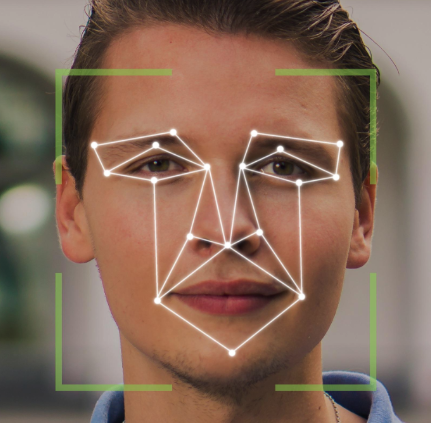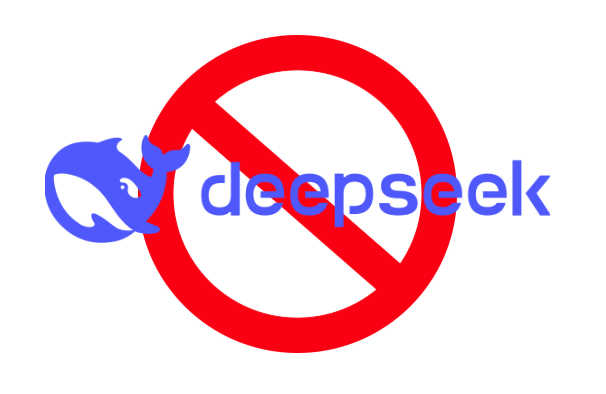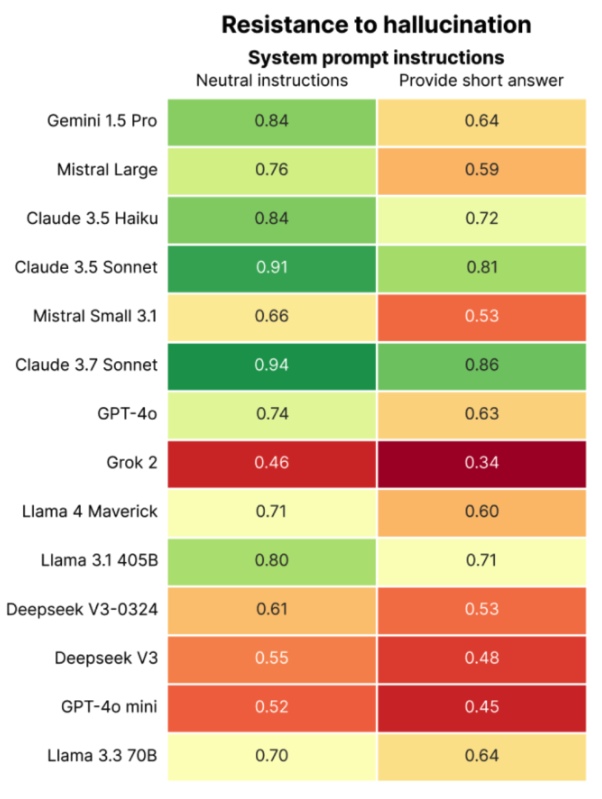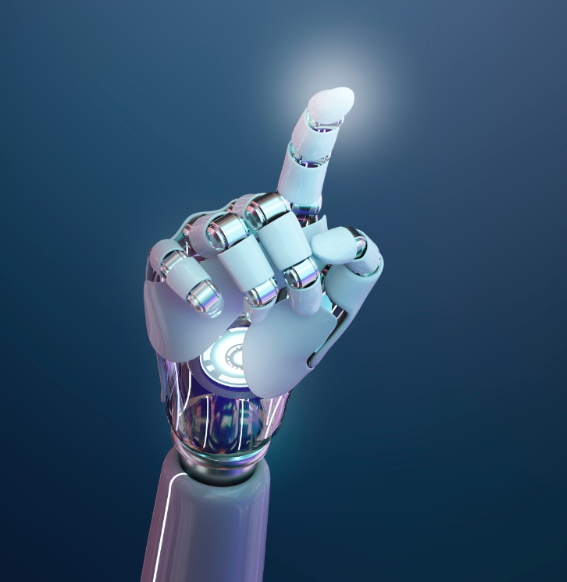Selfies, Sensors & Shakespeare: This week wierd and wonderful

Hey there Ai5ers,
From robots with a sense of touch to poetry on electric bikes, this week’s AI5 blends the poetic with the powerful. Peek inside to learn how selfies might predict your lifespan and why short chatbot prompts could backfire.
Happy reading!
Today's Ai5:
-
🧐 Can AI predict how long you will live just by taking a selfie?
- 👋 Microsoft employees are banned from using DeepSeek
- 🤓 Asking chat bots for short anwers can increase hallucinations
- 🤨 Amazon Made a Robot With a Sense of Touch
- 💰 OpenAI stays nonprofit. Picture my favorite song
Prompt of the Day 🎨

The Theme: Spring, Shakespeare and Electric Bikes. The PROMPT (ChatGPT-4o): Create a photo-realistic image of a stylish young man riding an electric bicycle through a path lined with cherry blossom trees in full bloom. He should be wearing a modern outfit with a vintage flair (like a blazer or satchel), and the bike should be clearly electric with a visible motor. Overlay the following Shakespeare-inspired poem in elegant white serif font across the image: Upon the breez where cherry blossoms blow, I mount my steed with silent wheels below. No norse hath I, nor cart with clattering rein, But volts and gears that hum beneath the chain.
Can AI predict how long you will live just by taking a selfie? 🧐

A simple selfie could hold hidden clues to one’s biological age — and even how long they’ll live. That’s according to researchers from Mass General Brigham, who developed a deep-learning algorithm called FaceAge.
The researchers also tested the tool’s ability to predict the life expectancy of 100 people receiving palliative care based on their photos, then compared it to 10 clinicians’ predictions. FaceAge was found to be more accurate than the clinicians’ predictions.
Microsoft employees are banned from using DeepSeek 👋

Microsoft employees aren’t allowed to use DeepSeek due to data security and propaganda concerns, Microsoft Vice Chairman and President Brad Smith said in a Senate hearing today (May 8th).
DeepSeek’s privacy policy states it stores user data on Chinese servers. Such data is subject to Chinese law, which mandates cooperation with the country’s intelligence agencies. DeepSeek also heavily censors topics considered sensitive by the Chinese government.
Full article by Charles Rollet
Asking chatbots for short answers can increase hallucinations 🤓

Turns out, telling an AI chatbot to be concise could make it hallucinate more than it otherwise would have.
That’s according to a new study from Giskard, a Paris-based AI testing company developing a holistic benchmark for AI models. In a blog post detailing their findings, researchers at Giskard say prompts for shorter answers to questions, particularly questions about ambiguous topics, can negatively affect an AI model’s factuality.
Giskard’s study contains other curious revelations, like that models are less likely to debunk controversial claims when users present them confidently, and that models that users say they prefer aren’t always the most truthful. Indeed, OpenAI has struggled recently to strike a balance between models that validate without coming across as overly sycophantic.
Full article by Kyle Wiggers (Image Credits: Giskard)
Amazon Made a Robot With a Sense of Touch 🤨

Amazon has developed a new warehouse robot that uses touch to rummage around shelves to find the right product to ship to customers.
The robot, called Vulcan, is a meaningful step toward making robots less sausage-fingered compared to human beings. Honing robots’ tactile abilities further may allow them to take on more fulfillment and manufacturing work in the years ahead.
Aaron Parness, Amazon’s director of robotics AI who led the development of Vulcan, explains that touch sensing helps the robot push items around on a shelf and identify what it’s after. “When you’re trying to stow [or pick] items in one of these pods, you can't really do that task without making contact with the other items,” he says.
OpenAI abandons for-profit shift 💰

OpenAI suddenly announced it would abandon its plans to convert into a traditional for-profit company. Instead, it will remain a nonprofit organization governed by its board, with the only structural change to the company being that the for-profit LLC it currently owns will now become a public benefit corporation (PBC), with the nonprofit retaining significant control as a major shareholder.
According to the company, the decision came after discussions with civic leaders and conversations with the California and Delaware Attorneys General. OpenAI‘s official line is that remaining a nonprofit, while shifting its for-profit subsidiary into a PBC, will better position it to fulfill its mission and raise the capital needed to build artificial intelligence (AI) systems that serve humanity. “We believe this is the best way for us to fulfill our mission and to get people to create massive benefits for each other with these new tools,” the company stated.
Full article by Patric Thompson
Snack Sized 5 🍪
1️⃣ Take a Tour of All the Essential Features in ChatGPT (WIRED)
2️⃣ Hybrid AI model crafts smooth videos in seconds (MIT News)
3️⃣ Your AI Tools Directory (Ai Scout)
4️⃣ Elton John and Dua Lipa seek protection from AI (BBC)
5️⃣ Segmentle: A fun free AI game similar to Sudoku (Segmentle)
📢 Help us grow by sharing Ai5 with a friend! 📢
If you have any special requests, email us at [email protected].
© 2025 Prompting Intelligence. All rights reserved.







Responses